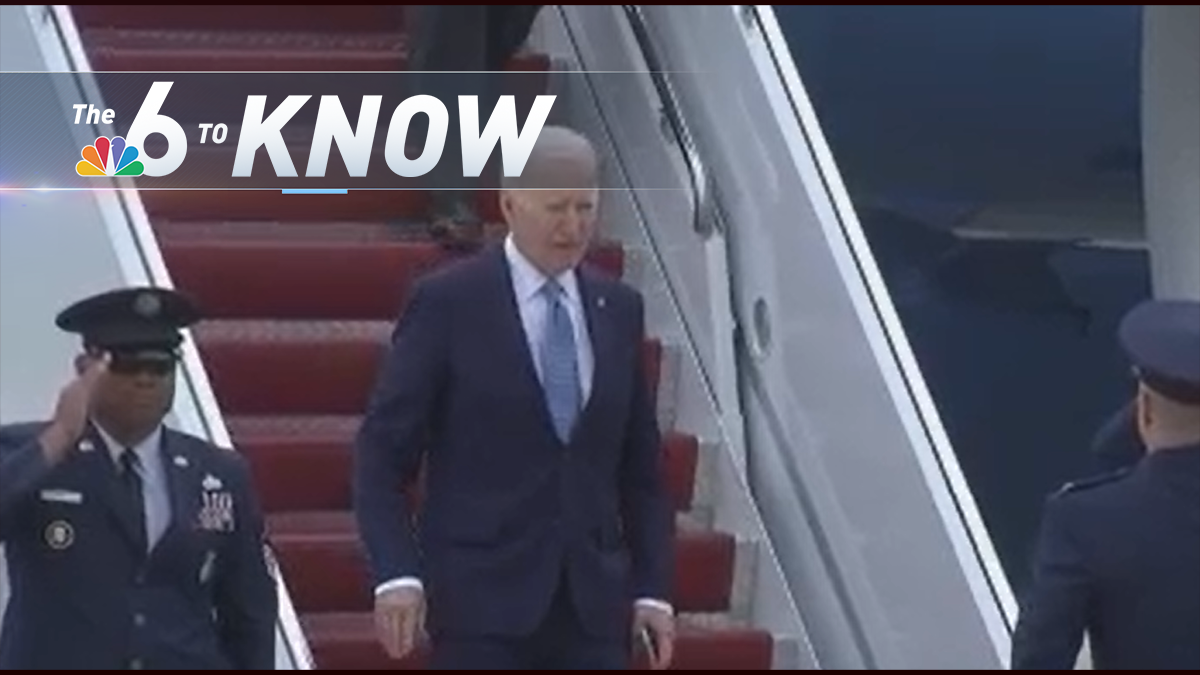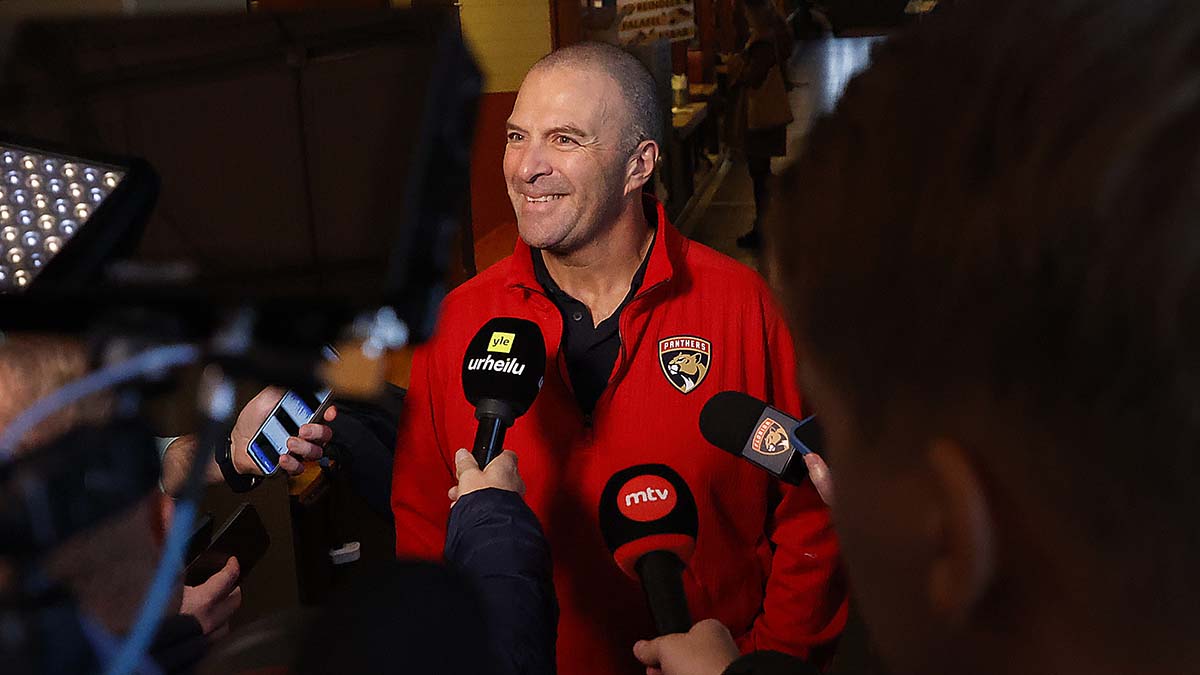We know school will be starting in a few weeks all online, but some much-younger students will be in the classroom with their teacher. NBC 6’s Ari Odzer reports.
You’ve already heard that all public and almost all private schools will reopen this year with remote learning only. That’s grades K-12. However, pre-kindergarten is a different age group and a different story.
The state of Florida has given public school districts in South Florida permission, because of the high COVID-19 positivity rates, to keep K-12 schools physically closed.
When it comes to three and four-year-olds, the foundation they build now is crucial to their academic success later on. The Archdiocese of Miami’s Catholic schools will be offering in-person instruction for pre-K, saying children that young cannot effectively learn from online instruction.
The Archbishop told us teachers would not be forced into situations they feel might be risky.
“The teachers that will be teaching these kids will be there because they choose to do so,” said Archbishop Thomas Wenski.
The Archdiocese has already announced that its K-12 grades would follow the public school direction and restart the year with distance learning only.
So what’s the difference between the preschool kids and the K-12 kids?
Local
“The main difference is the class size is very small, it’s about 10 kids,” Wenski explained. “And therefore easier to manage and they’re in the same classroom all day and so the exposure, the risk of exposure is mitigated.”
The public school pre-K and voluntary pre-kindergarten, or VPK, programs are in limbo. The superintendents of Miami-Dade, Broward and Palm Beach County schools sent a joint letter to the Florida Department of Education, asking for flexibility to allow online learning until pandemic conditions improve.
The Broward Teacher’s Union told us the pre-K age group presents special challenges during this pandemic.
“They’re not gonna be social distancing, they’re gonna be on top of each other,” said BTU president Anna Fusco.
Broward Schools’ chief academic officer said the district will bring VPK kids and K-12 students back to classrooms as soon as it’s possible.
“Broward County Public Schools intends to offer VPK as well as head start services to all students in the county who are eligible and participating through e-learning on August 19th,” said Dan Gohl, the CAO for the district. “We will be offering e-learning one way or the other, whether the state approves it or not.”
One big issue here is funding. The state pays the school districts to provide VPK services, but just as it did with reopening plans for grades K-12, the school districts expect the state to grant them flexibility with pre-K because the COVID-19 positivity rates are simply too high to be ignored.



